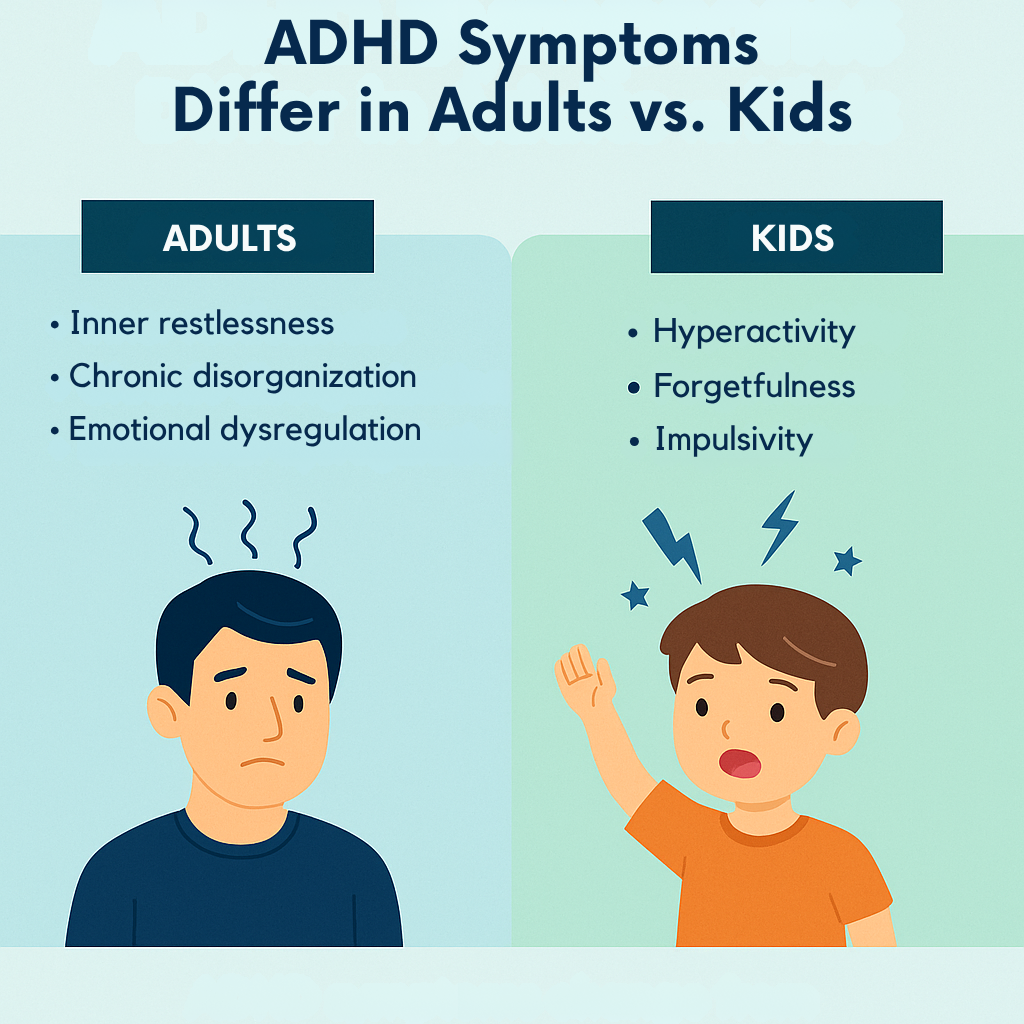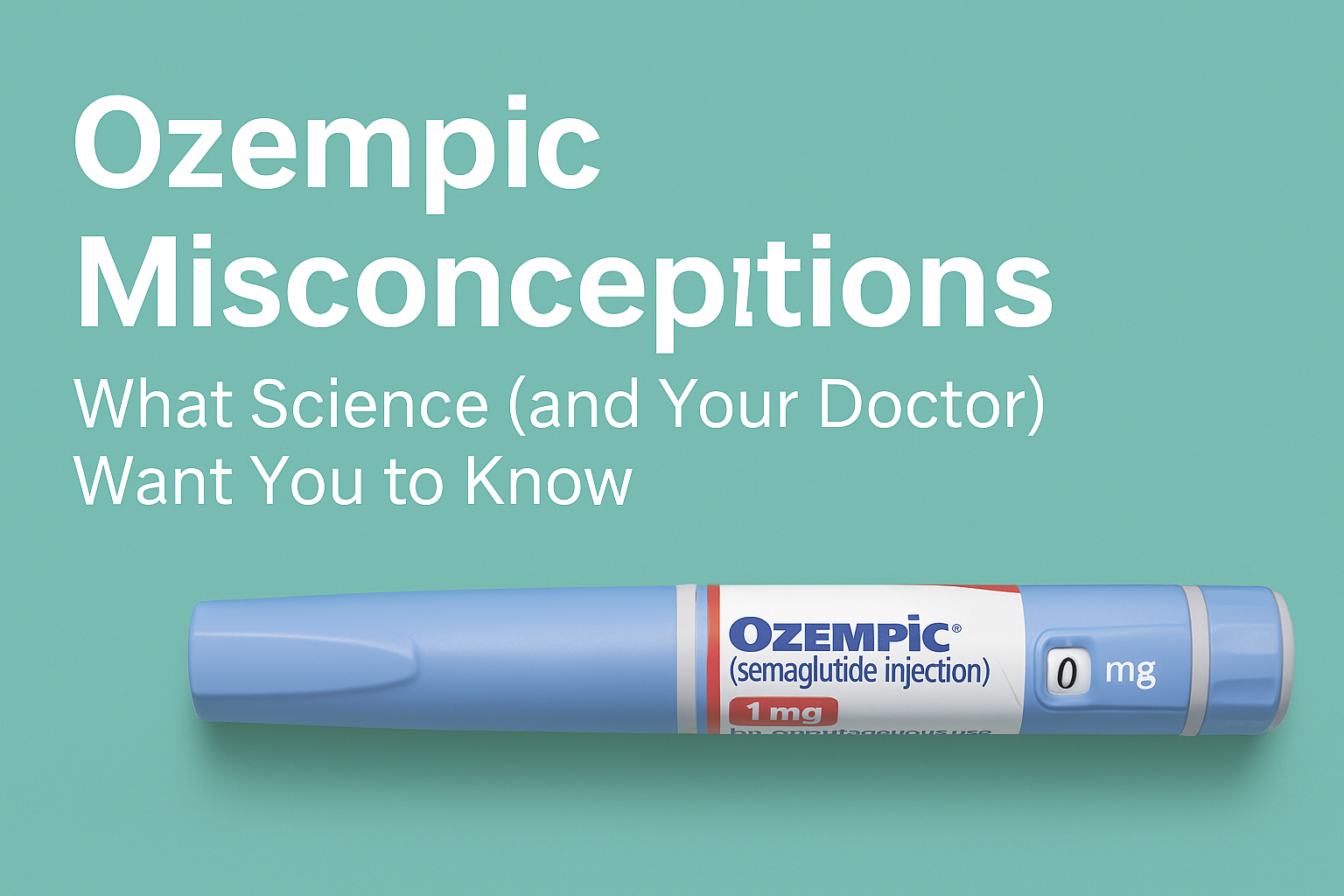Childhood experiences shape the foundation of who we are as adults. Unfortunately, not all childhoods are filled with safety and nurturing care. Adverse Childhood Experiences, or ACEs, refer to potentially traumatic events or conditions that occur before the age of 18, such as abuse, neglect, or household dysfunction. These experiences can have profound effects on mental health, particularly increasing the risk of depression in adulthood.
At Zeam Health & Wellness, we provide care to communities across Sacramento, Roseville, and Folsom, focusing on helping individuals overcome the challenges associated with Adverse Childhood Experiences (ACEs).
What Are ACE Scores and How Are They Measured?
The concept of ACEs was first introduced in a landmark study conducted between 1995 and 1997 by the Centers for Disease Control and Prevention (CDC) and Kaiser Permanente. This study involved over 17,000 adult participants who were asked about their childhood experiences and current health. The findings revealed a strong dose-response relationship between the number of ACEs and a variety of negative health outcomes, including depression, anxiety, and substance use disorders.
ACE scores are calculated based on a series of ten questions, each representing a different type of adverse experience. These include emotional, physical, or sexual abuse, neglect, and household challenges such as having a parent with mental illness or substance abuse issues.
Each “yes” response adds one point to the total ACE score, which ranges from 0 to 10. Higher scores indicate greater exposure to trauma and a higher likelihood of experiencing mental and physical health problems later in life.
The Cumulative Impact of ACEs on Mental Health
Research consistently shows that the cumulative effect of multiple ACEs is more damaging than any single traumatic event. For example, a 2021 study by Satinsky et al. explored the effects of ACEs on depression in rural Uganda. The study analyzed data from 1,626 adults and found that 90% had experienced at least one ACE, while those with six or more ACEs were over two and a half times more likely to develop major depressive disorder compared to individuals with no ACEs.
The study highlighted that the cumulative nature of ACEs—where multiple adverse events compound the impact—creates a greater risk for severe mental health outcomes. This cumulative model underscores the importance of addressing multiple layers of trauma rather than focusing on isolated events. It also highlights the need for early interventions to prevent ACEs from escalating into more severe issues.
The Unique Effects of Specific ACE Types
While the cumulative score provides an overall picture of trauma exposure, it is equally important to consider the unique effects of specific ACE subtypes. A 2023 study by Giampetruzzi et al. involving 454 patients with treatment-resistant depression (TRD) at a specialized depression treatment program analyzed how different types of ACEs, such as sexual abuse or neglect, contribute to mental health outcomes.
The study found that sexual and physical abuse were particularly linked to increased depression severity, greater treatment resistance, and higher suicide risk. Notably, 60.8% of the participants were female, and many reported chronic depressive episodes lasting over 24 months, underscoring the significant burden ACEs place on mental health treatment outcomes.
Interestingly, other ACEs, such as parental upheaval or childhood grief, also emerged as significant factors, though their impact is less frequently studied. This nuanced understanding can guide personalized treatment strategies that address the specific nature of an individual’s trauma.
How ACEs Affect Brain Development and Emotional Regulation
The biological impact of ACEs cannot be overlooked. Early-life trauma can alter the development of the brain’s stress-response systems, leading to heightened sensitivity to stress and difficulty regulating emotions. A model known as the Dimensional Model of Adversity and Psychopathology (DMAP) highlights how chronic stress from ACEs disrupts neurobiological pathways, increasing the likelihood of depression and anxiety.
Individuals with higher ACE scores often struggle with emotional regulation, further compounding their risk of mental health disorders. Addressing the physiological underpinnings of trauma, alongside psychological interventions, is crucial for comprehensive care.
The Role of Self-Esteem as a Mediator
Another critical factor in understanding how ACEs contribute to depression is the role of self-esteem. A recent study by Kim et al. expanded the traditional ACE framework to include community adversities, such as violence or poverty, and found that low self-esteem acted as a mediator between ACE exposure and depressive symptoms. This means that individuals with a history of maltreatment or neglect often internalize feelings of worthlessness, which can lead to chronic depression.
Enhancing self-esteem through therapy and supportive relationships can significantly mitigate these effects. Interventions such as cognitive-behavioral therapy (CBT) and mindfulness-based practices have shown promise in helping individuals rebuild their sense of self-worth, even after experiencing significant trauma.
ACEs and Their Impact on Treatment Outcomes
Understanding a patient’s ACE score is not only valuable for diagnosis but also for predicting treatment outcomes. Adults with higher ACE scores often face greater challenges in responding to conventional treatments for depression. For example, patients with treatment-resistant depression (TRD) and a history of multiple ACEs may require more intensive, multimodal approaches that address both the psychological and biological impacts of trauma.
Those with high cumulative ACE scores are more likely to require inpatient care and experience longer recovery times. This reinforces the importance of trauma-informed care, which integrates an understanding of ACEs into every aspect of treatment planning.
Strategies for Mitigating the Impact of ACEs
While the effects of ACEs can be profound, they are not irreversible. A growing body of evidence suggests that targeted interventions can help mitigate their long-term impact.
- Early Identification: Screening children and adults for ACEs can help identify those at risk and provide timely support.
- Trauma-Informed Care: This approach ensures that healthcare providers understand the impact of trauma and avoid re-traumatizing patients.
- Strengthening Resilience: Building protective factors, such as positive relationships and coping skills, can help individuals manage the effects of ACEs.
- Community Support: Programs that address systemic issues like poverty and violence can reduce the prevalence of ACEs and their ripple effects. Programs in Sacramento, Roseville, and Folsom that address systemic issues like poverty and violence can reduce the prevalence of ACEs and their ripple effects.
Break the Cycle of Trauma
If you or someone you know in Sacramento, Roseville, or Folsom is struggling with the effects of ACEs or depression, help is available. At Zeam Health & Wellness, we specialize in integrated care that addresses both the physical and emotional dimensions of health. Contact us today to learn more about our personalized treatment options and start your journey toward healing.




